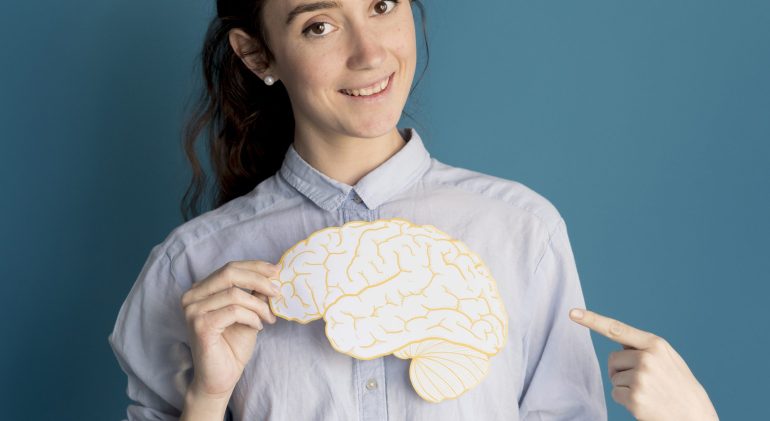
what helps reduce anxiety
Title: What Helps Reduce Anxiety: Effective Strategies for a Calmer Life
Introduction
Anxiety is a common and often debilitating mental health issue that affects millions of people worldwide. While it’s normal to experience occasional anxiety in response to stressors, chronic anxiety can have a profound impact on a person’s quality of life. Fortunately, there are several effective strategies and techniques that can help reduce anxiety and promote a sense of calm and well-being. In this blog, we’ll explore some of the most valuable ways to manage and reduce anxiety.
Mindfulness and Meditation
Mindfulness and meditation are powerful tools for managing anxiety. These practices involve paying attention to the present moment without judgment. By focusing on your breath, bodily sensations, or the world around you, you can create a mental space that is less crowded with anxious thoughts. Regular mindfulness and meditation practice can help rewire your brain, making it easier to stay calm and centered even in stressful situations.
Physical Exercise
Physical activity is not just good for your body; it’s also incredibly beneficial for your mind. Exercise releases endorphins, which are natural mood lifters. It can help reduce the physical symptoms of anxiety, such as muscle tension and restlessness, while also promoting relaxation. Finding a physical activity you enjoy, whether it’s jogging, swimming, yoga, or dancing, can be a great way to manage anxiety.
Deep Breathing Techniques
Deep breathing exercises can quickly calm your nervous system and reduce anxiety. Try the 4-7-8 technique: inhale for four seconds, hold for seven seconds, and exhale for eight seconds. This simple practice can help reduce the “fight or flight” response, making you feel more relaxed and in control.
Cognitive Behavioral Therapy (CBT)
CBT is a widely recognized and effective therapy for managing anxiety. It helps you identify and challenge negative thought patterns and irrational beliefs that contribute to anxiety. By changing your thought processes, you can change how you feel and react to anxiety-inducing situations.
Healthy Lifestyle Choices
Your lifestyle can significantly impact your anxiety levels. Prioritize getting enough sleep, eating a balanced diet, and reducing your intake of caffeine and alcohol. A well-rested, well-nourished body is better equipped to handle stress and anxiety.
Social Support
Sharing your feelings and experiences with a trusted friend, family member, or therapist can provide significant relief from anxiety. Talking about your worries can help you gain perspective and receive emotional support. You’re not alone in your struggles, and there are people who care about your well-being.
Relaxation Techniques
Incorporate relaxation techniques into your daily routine to reduce anxiety. This might include practices like progressive muscle relaxation, guided imagery, or taking a warm bath. Engaging in activities that you find soothing can help counteract the effects of stress.
Limit Information Overload
Constant exposure to news and social media can contribute to anxiety, especially when the news is distressing. Consider limiting your media consumption and setting boundaries to protect your mental well-being. Staying informed is essential, but it’s equally crucial to prioritize your mental health.
Conclusion
Anxiety is a common and treatable condition, and there are various strategies and techniques that can help reduce its impact on your life. What works best for you may vary, so it’s essential to explore different approaches and find what resonates with you. Whether it’s mindfulness, exercise, therapy, or a combination of these strategies, taking proactive steps to manage your anxiety can lead to a calmer, more fulfilling life. Remember that seeking professional help is always an option if your anxiety becomes overwhelming or interferes with your daily functioning. You don’t have to face anxiety alone, and there is support available to help you on your journey to greater well-being.



